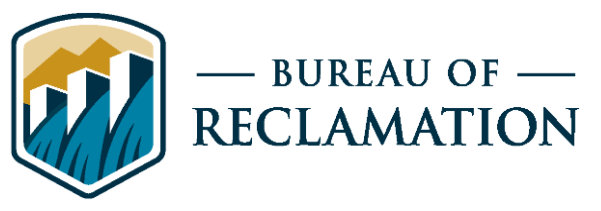Washington, DC… In response to the state of California and Attorney General Xavier Becerra filing a motion for a preliminary injunction and other pleadings today regarding the Central Valley Project, Bureau of Reclamation Commissioner Brenda Burman issues the following statement: “At no other time in modern history has the State of California taken such ill-founded actions to directly hurt more than 25 million Californians by unnecessarily jeopardizing their water supply. Now, more than ever, it is critical that water be reliably delivered to Americans, and we are taking actions to do that.”
Additional information: https://www.usbr.gov/mp/bdo/lto/index.html
# # #
Earlier from Reclamation on this issue…
Consultation on the Coordinated Long-Term Operation of the CVP and SWP
The federal Central Valley Project (CVP) and the State Water Project (SWP) together provide water for over 25 million Californians and millions of acres of some of the most productive farmland in the world. They help support important commercial and recreational fisheries and ensure that many rare and unique species have adequate habitat.
In August 2016, the Bureau of Reclamation and California Department of Water Resources (DWR) requested reinitiation of consultation with NOAA Fisheries, also known as National Marine Fisheries Service (NMFS) and the U.S. Fish and Wildlife Service (FWS) due to multiple years of drought, low populations of listed species, and new information developed as a result of ongoing collaborative science efforts over the last 10 years.
On Jan. 31, 2019, Reclamation transmitted its Biological Assessment to the Services. The purpose of this action is to continue the coordinated long-term operation of the CVP and SWP to optimize water supply delivery and power generation consistent with applicable laws, contractual obligations, and agreements; and to increase operational flexibility by focusing on nonoperational measures to avoid significant adverse effects to species.
The biological opinions carefully evaluated the impact of the proposed CVP and SWP water operations on imperiled species such as salmon, steelhead and Delta smelt.
FWS and NMFS documented impacts and worked closely with Reclamation to modify its proposed operations to minimize and offset those impacts, with the goals of providing water supply for project users and protecting the environment.
Both FWS and NMFS concluded that Reclamation’s proposed operations will not jeopardize threatened or endangered species or adversely modify their critical habitat. These conclusions were reached for several reasons – most notably because of significant investments by many partners in science, habitat restoration, conservation facilities including hatcheries, as well as protective measures built into Reclamation’s and DWR’s proposed operations.
On Oct. 21, 2019, FWS and NMFS released their biological opinions on Reclamation’s and DWR’s new proposed coordinated operations of the CVP and SWP.
On Dec. 19, 2019, Reclamation released the final Environmental Impact Statement analyzing potential effects associated with long-term water operations for the CVP and SWP.
On Feb. 18, 2020, Reclamation approved a Record of Decision that completes its environmental review for the long-term water operations for the CVP and SWP, which incorporates new science to optimize water deliveries and power production while protecting endangered species and their critical habitats.



